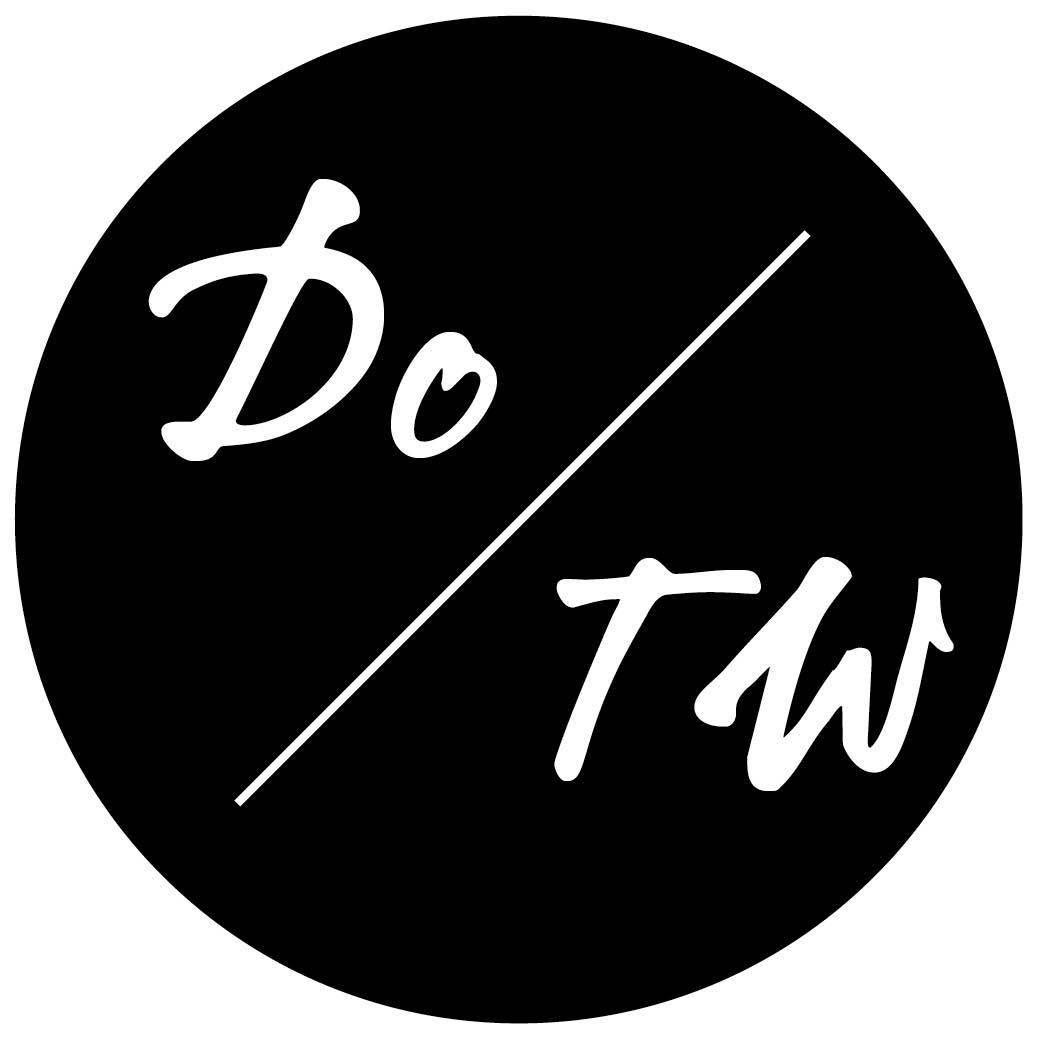To Niche or Not to Niche: What’s the Best Way to Freelance Travel Writing Success?

A lot of the prevailing advice to the soon-to-be-self-employed is to pick a niche and brand yourself heavily in that area. Proponents say,
“Who’s going to hire a freelance travel writer with no experience besides her own personal travels? You have to do something and be known for something so incredibly specific that when people really need exactly that skill, they come to you.”
But what new freelance travel writers respond with, very validly, is:
“Okay, but who is going to hire me for that incredible specific thing right now? I need enough clients to earn an income now, not just later when I become famous for my super specific niche.”
The Advantages of Niching
First of all, let’s make one thing clear: your field is not the same thing as a niche.
Travel is a field, and within it, there are many other fields, many of which are different types of travel writing.
You can be a travel copywriter, or a travel blogger with your own blog, or a travel blogger who blogs for companies, or a travel journalist who writes for newspapers, or a travel trade journalist, and the list goes on.
But even within all those jobs, there are many niches:
- You can be a travel copywriter who specializes in start-up travel tech companies.
- You can be a travel blogger with an audience of 55-65 year-old empty-nesters looking to take long-term, bucket-list trips.
- You can be a travel blogger who writes for company blogs of boutique luxury travel companies in Japan.
- You can be a newspaper travel journalist known for food stories from developing destinations who introduces Americans to new (but not scary) foods, and the destinations that specialize in them.
- You can be a travel trade journalist who covers up-and-coming destinations great for large industry trade show and convention events.
Here on the Dream of Travel Writing blog, we’ve looked before at how specializing in a certain niche travel area can help you grow your income fast and many travel writers who have done just that.
Choosing a very narrow focus within your field can carry some big advantages:
- Saving yourself from duplicating work
If you’re only writing about how to use airline miles to travel for free or on a tight budget, you don’t need to read studies on how travel impacts the economy in developing destinations. Or if you’re only writing sales copy for travel tour companies, you only need to study persuasive writing techniques, not narrative styling. - Creating highly transferable samples
When editors want to see samples of your work (clips), a large portion of your portfolio will naturally apply to them directly and it will be easier to find appropriate clips to send if all of your writing is around a similar topic or in a similar style of writing. By demonstrating exactly what you can do for someone like that editor, you’re more likely to get the assignment. - Positioning yourself as an expert
The more narrow your focus, the less competition you have with such specialized experience. It is then just a small step to become the go-to public speaker on your topic and self publish a book solidifying your position as the authority in your niche.
The Disadvantages of Niching
However, for freelance travel writers, especially new freelance travel writers, being paid by someone for something is a very important part of the transition, both to make money and build your portfolio.
Niching carries these disadvantages:
- Lack of income potential
The smaller the niche, the less dough in the pie. If you choose too small of a niche, there may not be enough potential editors to support you. One of the reasons large, major, broad niches employ a lot of freelance travel writers is that they are very large pies. Even if you can’t become known in that area as easily, you’ll have an easier time earning as a newcomer. - Missing out on interesting opportunities
Even if you love your narrow niche, there are other things you enjoy, both in work and in life. If you are too specialized, you might not be considered for, or passed over when you apply for, an opportunity that is actually perfect for your interests and skill set, simply because your clips so strongly position you for another type of work. - Boredom over time
It’s sad but true. Even if you didn’t go into travel writing to keep from doing the same thing every day, having the freedom to plan your own days creates a restlessness that can make it hard to work with the exact same kinds of clients on the exact same types of projects and problems every day.
So, What’s the Answer? Niche or Not?
I prefer the hybrid approach. It works like this: there are skill sets and then there are specialties. You should be narrow in one and broad in the other.
Let’s look at bloggers. It’s true that bloggers need to have a very well-defined topic if they are going to succeed. However, to become a successful blogger in today’s climate, “write it and they will come” doesn’t cut it any more.
You have to know how to network, both on social media (a completely different form of writing) and in person at industry conferences. You have to know how to take or identify and edit fantastic photos. You also need to have a firm grasp on constantly changing software and web standards.
That’s a wide skill set.
And if you actually want to make money from your blog, you need to know how to write sales copy, split test different types of marketing, and create information products, whether in the form of e-books (yet another type of writing) or e-courses (a very different skill set).
Brooke Schoenman had a travel blog with a great following, but it wasn’t a business until she created an incredibly niche product: perfume sticks that help nomadic ladies stay stylish in a 3-1-1-liquid-packing world.
In the food blog world, Jules Clancy, creator of the Stone Soup food and cooking blog, is a prime example of this. On the surface, it looks like she finally became successful when she niched her topic way, way down. Instead of just talking about cooking quickly or cooking healthy food, like thousands of other bloggers, literally (there are over 15,000 food blogs), she turned her attention to 5-ingredient, 10-minute recipes and cooking techniques to support them.
Within a few months, her readership increased exponentially, along with engagement on her blog and email sign-ups. She launched a series of e-books, polled her now-engaged readership to see what they wanted, and went on to launch an online cooking school, one of the few (if not the only one) at the time operated by a single self-employed woman as opposed to a brick and mortar cooking school or food publishing company.
But you can also cover a broad range of topics with a narrow skill set.
As a travel copywriter, you may simultaneously specialize in working with boutique travel specialist in Japan, travel tech start-ups, and travel-blog-cum-business websites like Brooke’s perfumes mentioned above.
All areas take a similar copywriting skill set on your part, but you apply those techniques to different topics.
The real question freelance travel writers should answer when they wonder whether they should choose a niche and what it should be is not the type of clients or magazines or websites they want or work they want to do, but about what they bring to the table.
What makes you different than your competition?
Answer that and you’ll know how to niche yourself.
